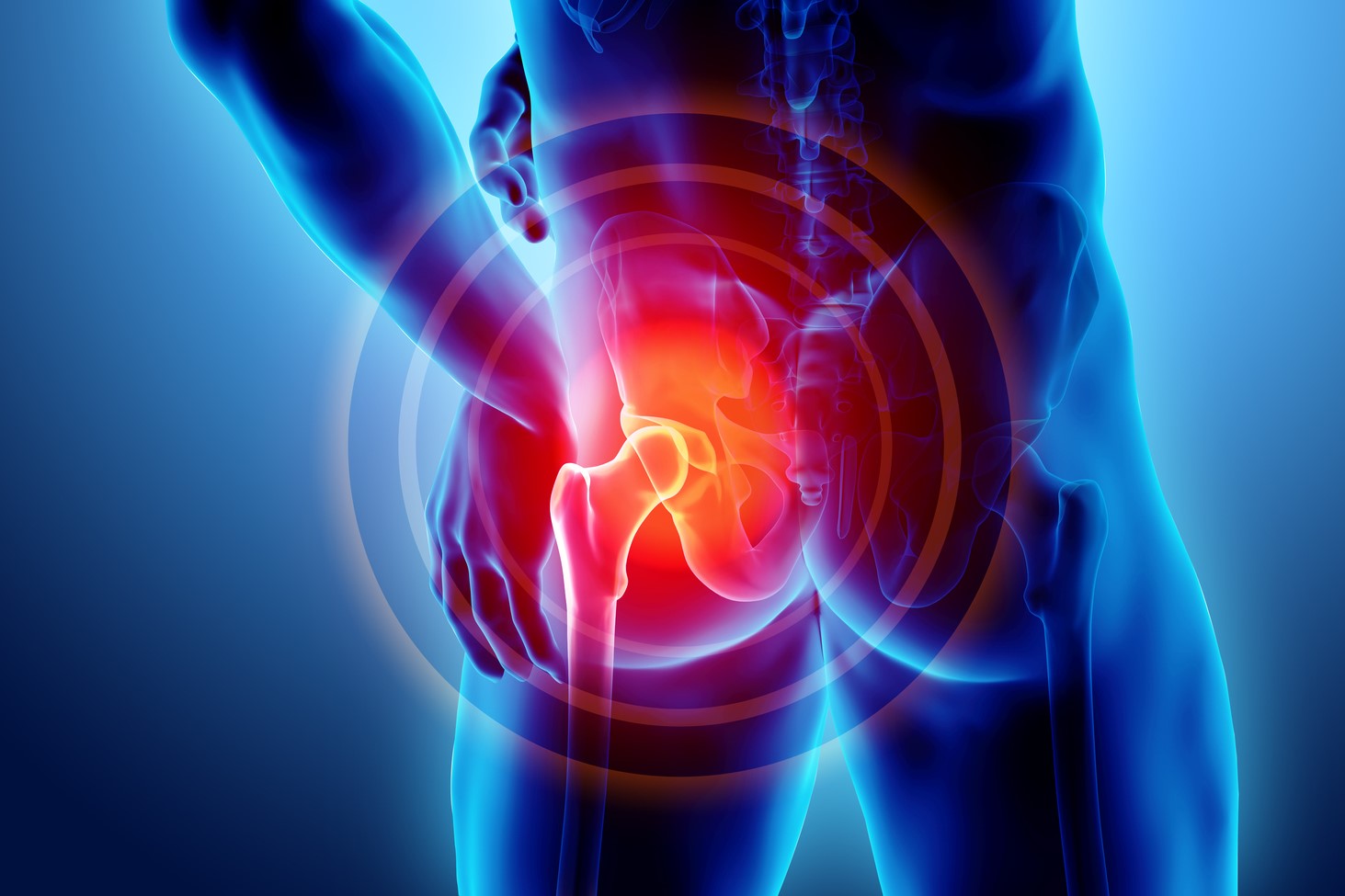The onset of joint problems is a matter of concern as these can significantly impact daily activities and quality of life. They often require surgical intervention, physical therapy, pain management techniques and lifestyle changes to manage the symptoms and improve joint function. They affect the joints and result in pain, stiffness, inflammation and reduced mobility. Arthritis is the most common joint problem and its literal meaning is “inflammation of the joint.” It is a progressive condition which gets worse by time.
According to Dr. Kunal Patel, Arthritis Specialist Mumbai, Hip arthritis is a degenerative joint condition which deteriorates the cartilage of the hip joint. Damaged cartilage becomes rough and thin due to which the space between the bone’s narrows. When bone rubs on bone during movement, it causes pain and stiffness. The friction between bones can also lead to bone spurs (bone growths on the edges of bone which change its shape).
Types of Hip Arthritis:
The two main types of Arthritis are mentioned below:
1.Osteoarthritis: Osteoarthritis means “arthritis of the bone” which is the most common type of hip arthritis. It occurs due to gradual wear and tear. The cartilage which cushions the hip joint breaks down and it leads to pain, stiffness, inflammation and reduced mobility. It can happen in either of the hips or both the hips.
Causes of Osteoarthritis:
- Aging
- Structural problems (like hip dysplasia, femoroacetabular impingement)
- Past hip injuries
- Obesity
- Repetitive stress on the joint.
Stages of Osteoarthritis:
- Stage 1: Minor wear/tear of the hip joints and minor bone spurs. There is little or no pain.
- Stage 2: The cartilage starts to break down and bone spurs are visible on X-ray along with pain, discomfort and stiffness. It is known as ‘mild hip osteoarthritis’.
- Stage 3: The cartilage starts getting damaged and the gap between the hip bones lessens. Walking, kneeling or squatting cause pain with swelling. It is known as ‘Moderate hip osteoarthritis.
- Stage 4: The cartilage is completely damaged. There is constant pain and stiffness and chronic inflammation.
2.Rheumatoid Arthritis (RA): Rheumatoid arthritis is an autoimmune disorder (rather than wear and tear based) that affects the entire body. It starts with wrist and finger joints and eventually reaches the hip joint. The hip joint is surrounded by a special capsule which has special lining (the synovial lining) and is filled with lubricant to help the joint move smoothly.
RA causes pain and inflammation in the synovial lining cells and inflamed cells release substance which gradually breaks down the hip cartilage. It generally occurs in both the hips at the same time. It can occur in anyone including children (known as juvenile rheumatoid arthritis) and is more common in women than men. Medication can improve it.
Additional types of Hip Arthritis:
3.Psoriatic Arthritis: Psoriatic arthritis can develop in people with skin condition psoriasis (which can cause inflammation of joints). It can affect any joint including the hip joint. People first develop the skin condition and then psoriatic arthritis but in some cases the process can be vice-versa. It can cause joint pain, swelling and stiffness and can affect any joint in the body, including the hip.
4.Hip Arthritis Due to Avascular Necrosis: Avascular necrosis is a condition in which a bone loses its blood supply and collapses. In the hip, it develops in the femoral head (the ball part of the hip joint). When the femoral collapses and loses shape, it can cause severe hip arthritis.
5.Ankylosing spondylitis: Ankylosing spondylitis is inflammation of the spine and sacroiliac joint (the joint where the spine meets the pelvis). It can cause inflammation of the hip joint as well. It can occur to anyone including children and starts between the ages of 17 and 35. Men are more prone to it. The symptoms include flares followed by mild to no symptoms.
6.Systemic Lupus Erythematosus: Systemic lupus erythematosus or lupus is an autoimmune disorder which can affect any joint and cause arthritis. It can occur to anyone but is common in women aged 15 to 35.
To further understand hip arthritis, visit Dr. Kunal Patel, leading Bone specialist in Mumbai.










No Comments